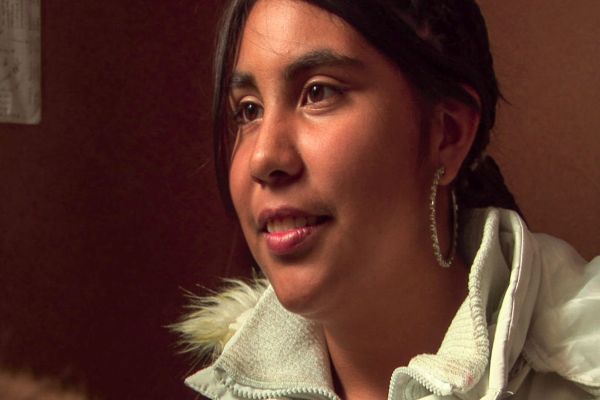When Swedish film-makers Lars Edman and William Johansson began their exploration of the Arica toxic waste scandal, they probably never imagined they’d be pursuing it for decades. This powerful documentary traces the consequences of 20,000 tonnes of toxic sludge being exported to Chile in 1984-85 by Swedish mining giant Boliden. We follow Boliden’s subcontracting of waste disposal to a Chilean company, Promel. They, in the full knowledge of government, dumped mountains of sludge close to residential areas in the town of Arica. There was no isolation or recycling of the waste.
Children were soon playing in what was ‘a toxic playground’, as the filmmakers’ 2006 graduation project dubbed it. Not only were the kids building castles, clouds of dust were soon blowing towards Arica’s poorest homes. The sludge, rich in arsenic, mercury, cadmium, and lead, proved lethal. Cases of cancers, miscarriages, respiratory problems, birth defects, and lung disease rocketed.
This appalling process is the narrative trigger of the film, as the people of Arica fought back. The core conflict is the weak against the strong; the powerless against the corporate behemoth.
The eventual legal process against the Swedish company began in 2011. Boliden spent massively to refute the lawsuit, blaming Promel and the Chilean authorities, and denying liability at every turn. Their expenditure on legal representation and consultants virtually matched what the people of Arica sought in compensation. Although defeated in the Swedish court on technical grounds, the people of Arica have continued to fight their corner. The closing moments reveal that the United Nations has become involved, demanding “urgent measures” to remedy the situation, and criticising those responsible. So the saga continues.
Cinematically, it’s a gripping watch. Much of Arica is individual testimony showing Edman and Johansson’s close relationships with the community over two decades. These powerful personal stories – often filmed with handheld camera – are the film’s heart. A young girl, Jocelyn, is shown in smiling conversation with Edman, himself born in Chile. The filmmakers’ repeated visits show Jocelyn’s growth into a young woman, and finally a mother with a child named after Lars.
More objective and ambitious footage depicts the ramshackle streets of Arica, and Boliden’s massive main Swedish plant. Archive stills and film show the damning evidence of decades of gross negligence. While the courtroom is never directly filmed – only audio is available – the contrasting perspectives are well presented. Perhaps because of the restrictions on filming in the courtroom, the film benefits from the intensity of the copious interviews during the protracted hearing.
While the film’s sympathies are unmistakable, there is commendable respect for the counter-arguments of the antagonists despite the corporate denial and obfuscation are plain to see. Edman’s reactions, and Johansson’s camerawork, betray their solidarity with the victims. The abiding sense for the viewer is of the genuine affection between the beleaguered families and the filmmakers. Arica is no dry record of a global corporation being held to account after environmental and human abuse; it is a committed personal journey of considerable impact.
Screened at Eden Court, Inverness
